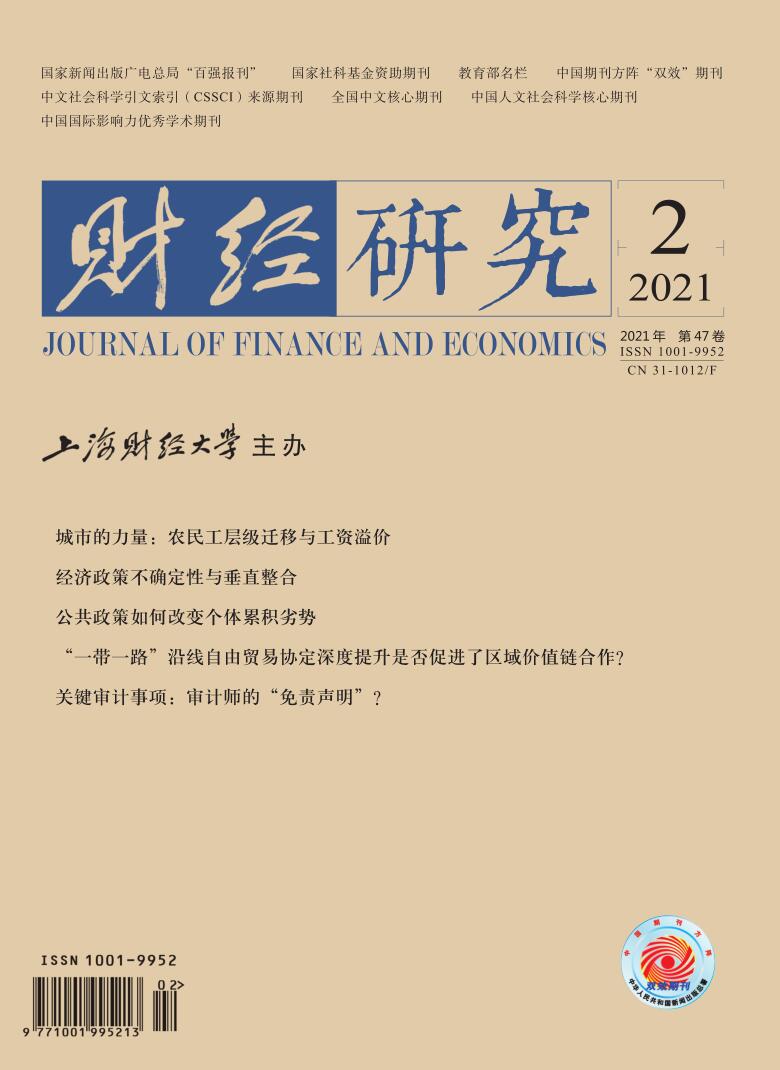Supply chain finance, as a supplement and expansion to the existing business model, can better realize the transformation from emphasizing the established resource capacity to continuously expanding flexibly according to the environment. With the expansion of supply chain finance market, whether and how supply chain finance can exert the expected economic effect and promote the high-quality development of real economy has gradually attracted the attention of the theoretical circle. However, most of the existing researches on supply chain finance are based on financial orientation or supply chain orientation. Most of the existing research focuses on the business model, financing constraints, value creation, financial risk prevention and control, and other topics of supply chain finance. However, to some extent, it ignores the unity of the financial attribute and the supply chain attribute of supply chain finance; at the same time, it lacks attention to the core enterprise as the key participant. As an innovative financial model, the relationship between supply chain finance and core enterprise innovation has not been paid much attention by scholars. Therefore, can the core enterprise realize the unification of “financial attribute” and “supply chain attribute” of supply chain finance in the innovation process and improve the innovation level?
In order to explain the above problems, we empirically examine the impact of supply chain finance on core enterprise innovation and the internal mechanism. In addition, we further examine the different influences of core enterprises’ service scope and supply chain finance capability on innovation. Finally, we examine the economic consequences of supply-chain finance in promoting enterprise innovation. We find that supply chain finance can significantly improve the technological innovation level of core enterprises, and the improvement effect is more obvious in the two-way supply chain finance group and the high supply chain finance capability group. The improvement effect of supply chain finance on technological innovation is significant in the high financing constraint group and the low supply chain relationship group, but not significant in the low financing constraint group and the high supply chain relationship group, which supports the financing effect hypothesis and the relation effect hypothesis. The economic consequence test shows that supply chain finance can not only improve the competitiveness of product market and the value of enterprises, but also improve the performance of supply chain.
The academic value of this paper is mainly reflected in three aspects: Firstly, it expands the research boundary of the economic consequences of supply chain finance, and enriches the empirical research of supply chain finance. Secondly, we consider the different influences of supply chain finance service scope and supply chain finance capability on innovation, and deepen the understanding of different economic consequences of supply chain finance. Finally, the conclusion provides decision-making reference for enterprises to actively expand supply chain finance business to improve the level of innovation. It provides theoretical guidance for the government to use supply chain finance to optimize the financial service system and serve the real economy.





 9446
9446  16097
16097

